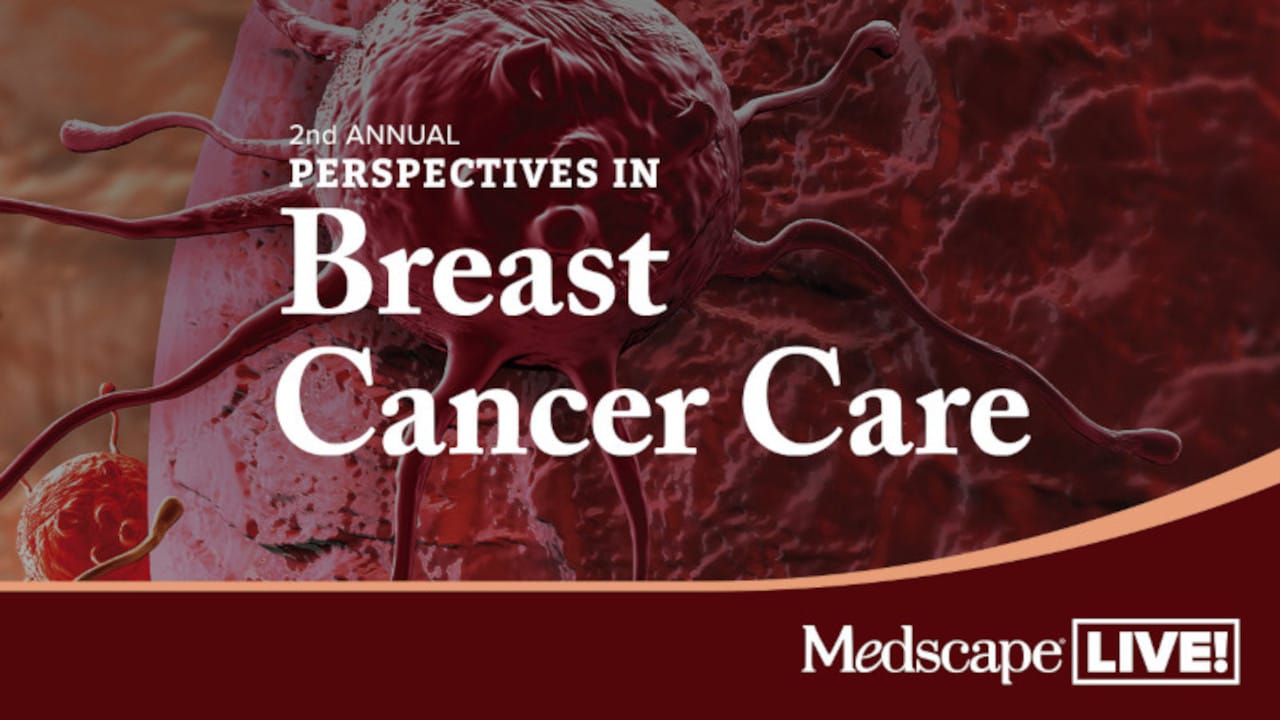Abstract and Introduction
Abstract
Background: Chemotoxicity risk scores were developed to predict grade 3–5 chemotherapy toxicity in older women with early breast cancer. However, whether these toxicity risk scores are associated with clinically meaningful decline in patient health remains unknown.
Methods: In a prospective study of women aged 65 years and older with stage I-III breast cancer treated with chemotherapy, we assessed chemotoxicity risk using the Cancer and Aging Research Group-Breast Cancer (CARG-BC) score (categorized as low, intermediate, and high). We measured patient health status before (T1) and after (T2) chemotherapy using a clinical frailty index (Deficit Accumulation Index, categorized as robust, prefrail, and frail). The population of interest was robust women at T1. The primary outcome was decline in health status after chemotherapy, defined as a decline in Deficit Accumulation Index from robust at T1 to prefrail or frail at T2. Multivariable logistic regression was used to examine the association between T1 CARG-BC score and decline in health status, adjusted for sociodemographic and clinical characteristics.
Results: Of the 348 robust women at T1, 83 (24%) experienced declining health status after chemotherapy, of whom 63% had intermediate or high CARG-BC scores. After adjusting for sociodemographic and clinical characteristics, women with intermediate (odds ratio = 3.14, 95% confidence interval = 1.60 to 6.14, P < .001) or high (odds ratio = 3.80, 95% confidence interval = 1.35 to 10.67, P = .01) CARG-BC scores had greater odds of decline in health status compared with women with low scores.
Conclusions: In this cohort of older women with early breast cancer, higher CARG-BC scores before chemotherapy were associated with decline in health status after chemotherapy independent of sociodemographic and clinical risk factors.
Introduction
Despite advances in treatment, women aged at least 65 years with early breast cancer are at higher risk of dying from breast cancer than younger adults, with the highest risk among those aged at least 75 years.[1,2] One reason for this health disparity is the undertreatment of breast cancer in older adults. In older women, adjuvant breast cancer chemotherapy is associated with an increased risk of toxicity,[3,4] hospitalization,[5] and decline in physical function;[6] thus, older women often receive less guideline-concordant adjuvant chemotherapy.[7,8] Understanding which older adults are likely to be harmed by chemotherapy has been a central focus of research in cancer and aging.[9–12]
We previously developed the Cancer and Aging Research Group-Breast Cancer (CARG-BC) score to predict the individual probability of grade 3–5 chemotherapy toxicity in older adults with early breast cancer.[13] The CARG-BC score was externally validated, demonstrated to better predict toxicity than physician-rated performance status, and strongly associated with treatment discontinuation, reduced dose intensity, and hospitalizations. However, whether the score can identify which patients are at risk of clinical decline after chemotherapy is unknown.
Maintaining health status during chemotherapy is critically important to all patients, especially older adults ≥65.[6,14] More than 70% of older patients with cancer report they would not choose a treatment that results in functional impairment.[15] However, current tools, such as the CARG-BC score, rely on traditional definitions of toxicity, reported by clinicians on behalf of their patients, rather than the impact of toxicity on patient health status, such as the decline from robust to prefrail or frail health.
Here, we aimed to evaluate the association between prechemotherapy CARG-BC score and decline in health status, from robust to prefrail or frail health, after chemotherapy.
J Natl Cancer Inst. 2023;115(5):578-585. © 2023 Oxford University Press













